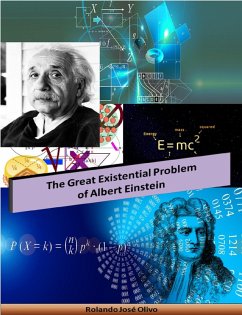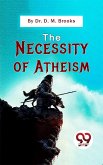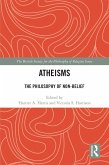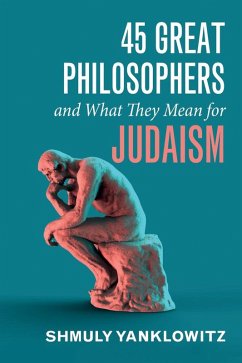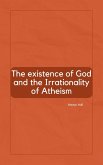Broadly speaking, Einstein assumed a diffuse religious position (between atheism, agnosticism and Judaism), which was due to his doubts about the existence of God.
It should be noted that despite his conflicting and rebellious nature, he was cautious and moderate, avoiding as much as possible to expose his religious position. However, Einstein did not give much importance to religion, denied the Judeo-Christian God and accepted the pantheist, conceived by Spinoza. In this regard, he lived suffering a great existential problem, without obtaining definitive answers.
Dieser Download kann aus rechtlichen Gründen nur mit Rechnungsadresse in A, B, CY, CZ, D, DK, EW, E, FIN, F, GR, H, IRL, I, LT, L, LR, M, NL, PL, P, R, S, SLO, SK ausgeliefert werden.

